Ah, short stories — the lazy man’s novel.
Actually, that’s not true. In fact, a perfect short piece is, in many ways, much harder to pull off than a novel, where you have time and space to develop the narrative.
Below are 11 collections that belong on any aspiring literary connoisseur’s bookshelf or toilet.
Come Back, Dr. Caligari, Donald Barthelme (1971)
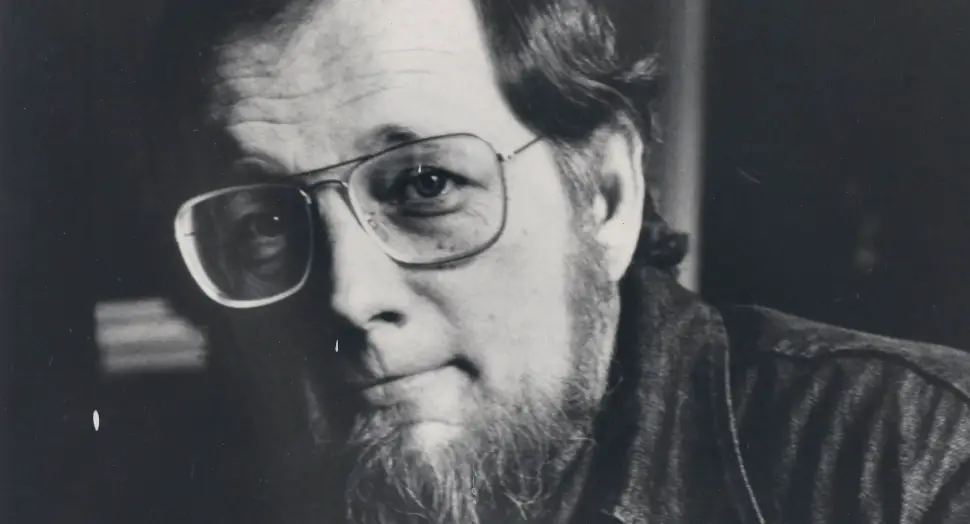
While Raymond Carver was busy perfecting the art of realist suburban malaise, Donald Barthelme was going the other way, writing post-modern, deconstructionist short stories that would inspire subsequent generations of experimental writers with their non-sequitorial insanity.
His first collection, Come Back, Dr. Caligari, is as strange a book as you’ll ever read. In a story called The Joker’s Greatest Triumph, Barthelme’s Batman rocks a mini-bar inside the Batmobile. To my knowledge, this is the only time the Dark Knight’s whip has sported that particular feature.
Fugue State, Brian Evenson (2009)

I don’t even like horror, so when I tell you that Brian Evenson’s Fugue State is not only one of the best horror books I’ve ever read, but just straight up one of the best books full stop, you’d best listen up before one of Evenson’s terrifying characters throws a hatchet through time itself to brutally kill your great-grandmother, thus ending your mortal thread before it’s even woven into the fabric of existence.
In Our Time, Ernest Hemingway (1925)
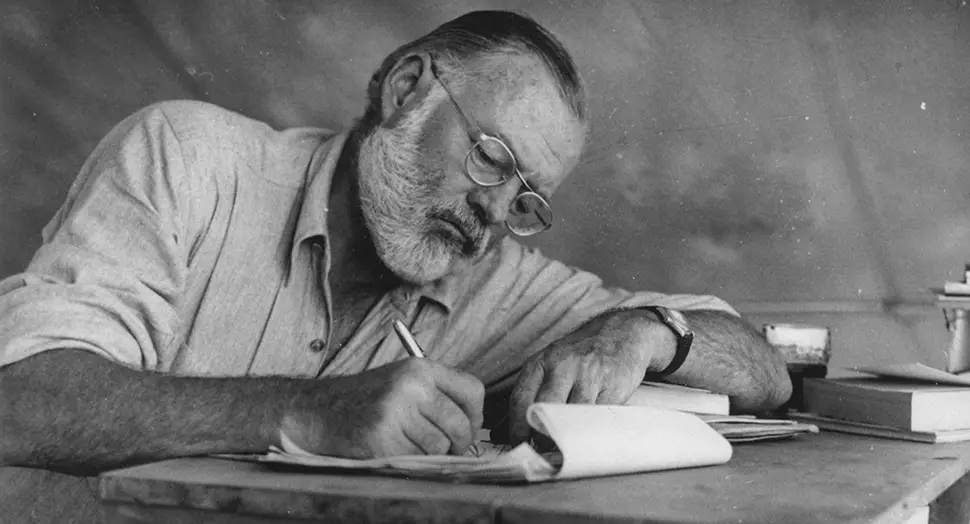
Hemingway is best known for his iconic novels, but his Nick Adams stories also deserve a prominent spot on Papa’s résumé. Published in 1925, In Our Time was Hemingway’s first published collection and American debut. It gave readers a glimpse of the stripped-down genius that would eventually win Gertrude Stein’s protégé a Nobel Prize and legions of followers and imitators during the ensuing decades.
Hem isn’t quite as in fashion as he once was, but do yourself a favor and look up a list of the books he published before the age of 30. It’s depressing.
Cathedral, Raymond Carver (1984)
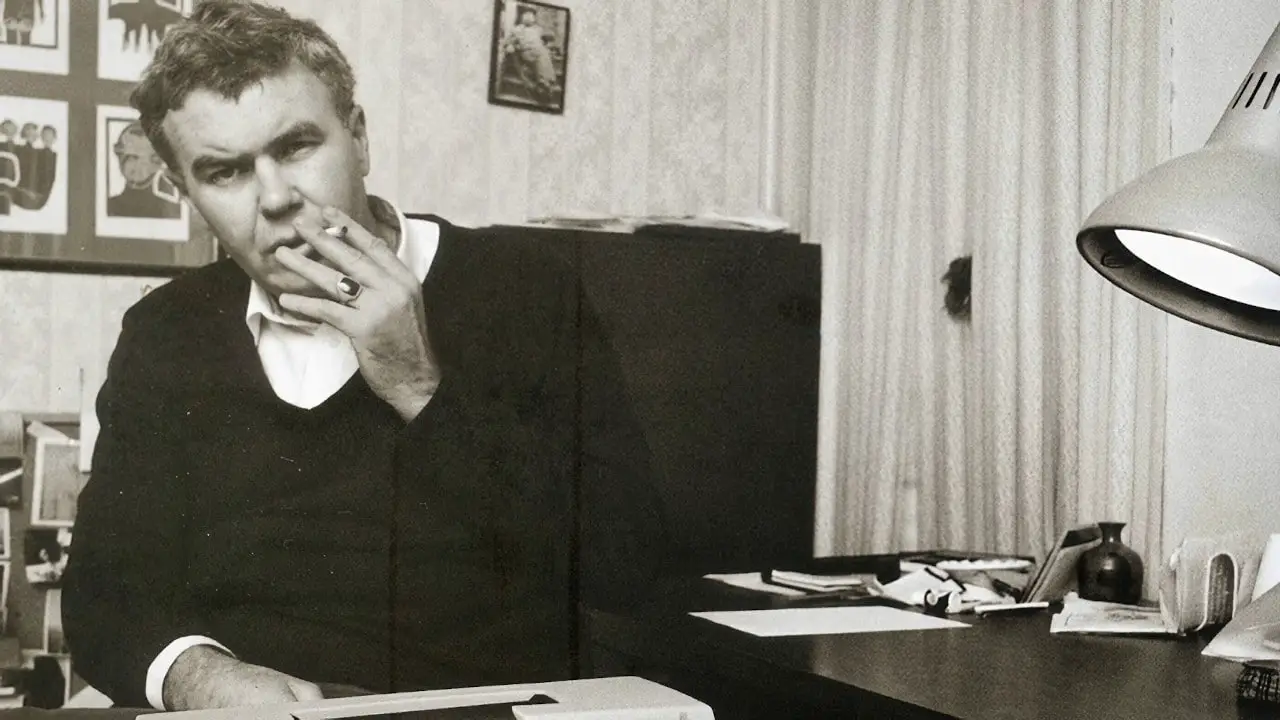
If your only exposure to Carver is the Will Ferrell vehicle Everything Must Go, you really need to rectify this situation immediately. Carver is widely accepted as the 20th century’s greatest purveyor of the short form, although some would argue that this designation is more due to his outspoken editor Gordon Lish than any outstanding skill on Carver’s part.
As I mentioned earlier, he’s sort of the anti-Barthelme (or maybe Barthelme is the anti-Carver? I don’t know). Either way, though, Carver is a must-check box on any gentleman’s list.
Pastoralia, George Saunders (2001)

Now, I love my dad, but if I could recruit a secondary, in-case-of-emergency-break-glass famous writer father, I would probably choose George Saunders. Aside from his friendly, fatherly beard and reputation as a world-class writing teacher, his dystopic sensibilities and deadpan humor would make for just the best dinner conversation.
Weird imaginary family meals aside, Saunders is hands down the finest short-story writer of his generation. I picked Pastoralia here, but you could just as easily choose the wonderful CivilWarLand in Bad Decline or the more recent Tenth of December. They’re all champions.
The Complete Short Stories of James Purdy, James Purdy (2013)
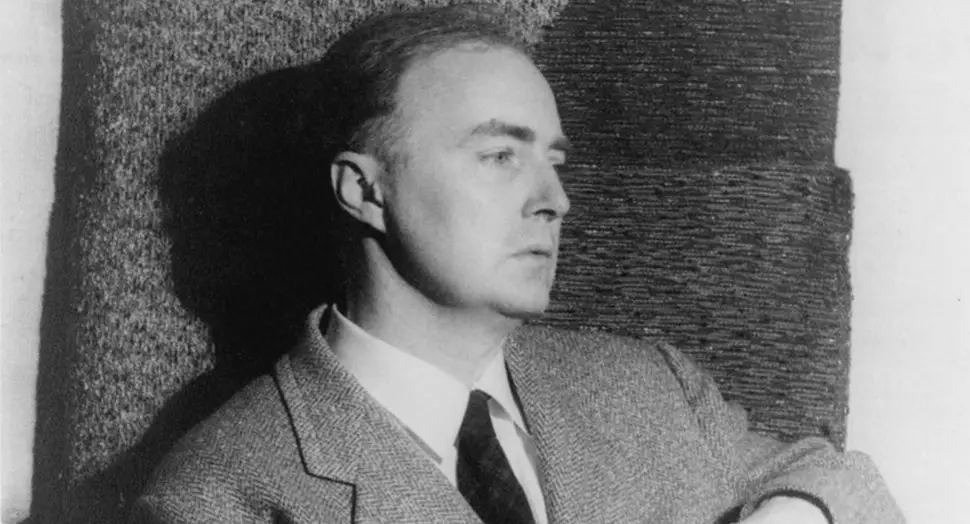
Purdy is for the losers — for the outcasts and the discarded. His characters are even marginalized from the marginalized. Poorly applied makeup, underdeveloped moral compasses, overdeveloped beer guts; John Waters wrote the intro, which should tell you much of what you need to know about Purdy’s style.
His stories are best taken sporadically, rather than all at once. Delving too deeply into Purdy too quickly invariably results in an overwhelming urge to drink excessively and wallow in despair. Still, he’s one of the underappreciated gems of the form, and this one-volume collection is a must have.
Jesus’ Son, Denis Johnson (1992)

The Billy Crudup movie based on this collection is reportedly (according to my wife) pretty excellent, but the book is truly a thing of beauty. It’s a slim volume full of drugs, lies, violence and all the other seedy aspects that make for sweet books and sweeter high school reunions.
It’s also a nice introduction to Johnson, whose novels — also great — can be a little more daunting.
Dangerous Laughter, Steven Millhauser (2008)

This 2008 collection probably isn’t Millhauser’s most celebrated book, but Dangerous Laughter is easily my favorite from among his catalogue. It opens with a little story called Cat n’ Mouse, in which a Tom & Jerry-style relationship between a cartoon mouse and his dimwitted feline antagonist plays out as it always has — with the mouse artfully and forever dodging the cat’s dull stratagems. Both start to wonder, though, if there is more to life than this cyclical, brutal state of animated slapstick existence.
"Now the cat grins, licks his teeth, and opens his jaws. He hears a sound. The cake is ticking loudly: tock tock, tock tock. Puzzled, the cat holds it up to one ear. He listens closely. A terrible knowledge dawns in his eyes." Classic.
Metamorphosis and Other Stories, Franz Kafka (1915)
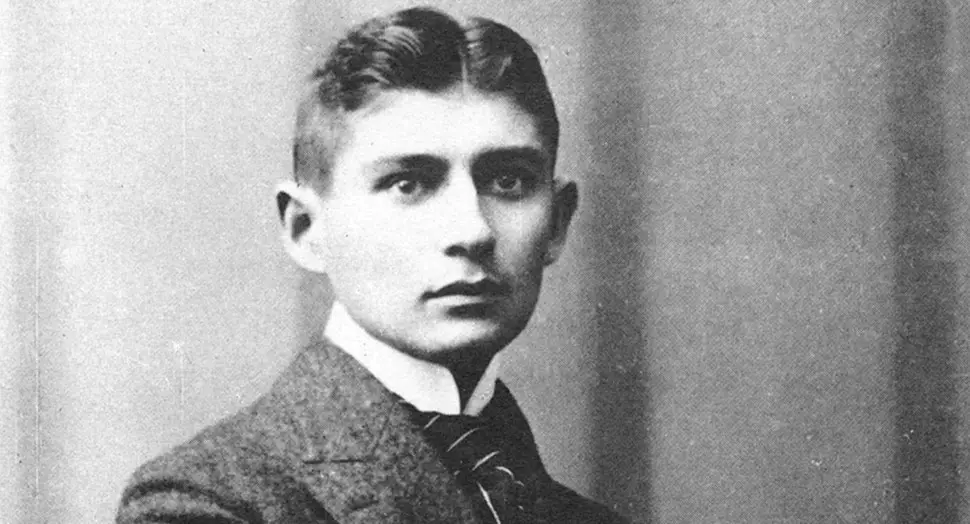
There are, I’d estimate, no less than 20 kajillion different Kafka books floating around, but this 2008 Penguin Classics Deluxe Edition is a great place to start for those looking to get into the acclaimed author of The Trial and Gregor Samsa’s no good, terribly bad morning.
Kafka is a singular writer whose stories translate perfectly into the confused and alienated conditions of modern life. Did you know his dying request was to have his manuscripts destroyed? (Was this a result of his brain rotting from syphilis? Who can say for sure?)
Fortunately, Kafka’s friend Max Brod understood what an unpardonable cultural crime dumping his papers in a bonfire would be and decided to instead clean them up and share Kafka’s prescient modernist gems with the world.
Like You’d Understand, Anyway, Jim Shepard (2007)

In the galaxy-spanning George Saunders literary orbit, there are two guys who exert their own gravitational pulls — Donald Antrim and Jim Shepard. Antrim just recently released an excellent story collection, but it’s Shepard, I think, who most belongs on this list.
It’s not a stretch to say this 2007 collection is probably my favorite story collection of all time. With Shepard, you never know exactly where he’s going to take you, but you know it’s going to be fricking awesome.
Everything That Rises Must Converge, Flannery O’Connor (1965)
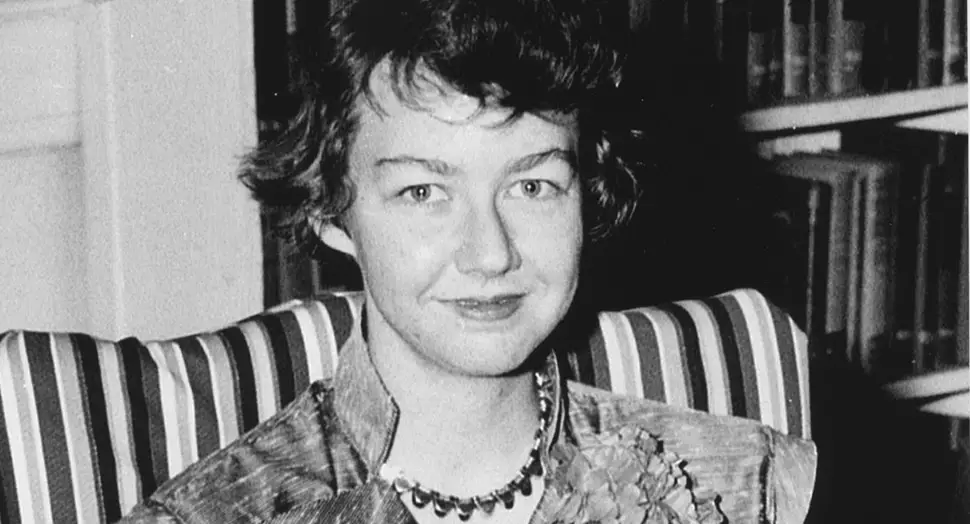
O’Connor died from lupus complications at the tender age of 39, but she’s rightly remembered as one of the finest short story writers of all time. This was her last collection, but is in many ways her best.
She was super Catholic and super-er Southern, but somehow I still feel a real connection. And that, friends, is high praise. This is perhaps due to O’Connor’s love of freaks and weirdos, although some, like O.E. Parker from her story Parker’s Back, who covered his body in tattoos, maybe aren’t so strange as they once would have seemed. The huge tattoo of God on his back wouldn’t even cause people to bat an eye in Williamsburg.


